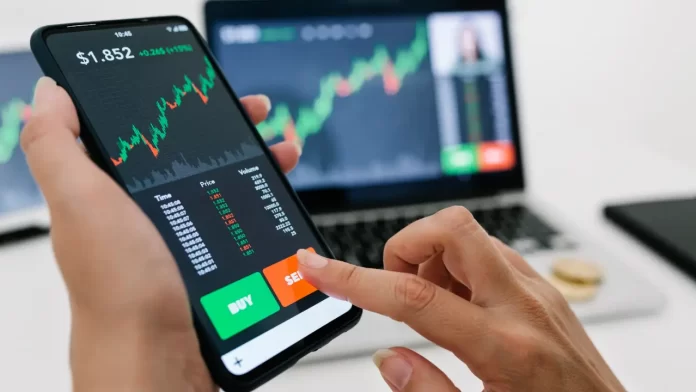Cryptocurrency is the world’s leading digital currency, and it has surged in popularity in recent years. With a total market cap of more than $2 trillion, it’s no surprise that many people are fascinated by this transformative technology. For those who want to get involved, a crypto app can provide access to the latest news and information about cryptocurrencies, as well as tools and services to help them invest, trade, and even use them as a form of payment.
Crypto apps come in all shapes and sizes, from simple buy-and-sell tools aimed at beginners to more sophisticated options with advanced trading features like customizable charts and indicators. Users should also consider whether an app is regulated and uses industry best practices, as this can provide peace of mind that the funds in their accounts are safe.
The best crypto apps are designed to be secure, easy to use, and provide real-time analytics and critical insights into the current state of the cryptocurrency market. Those that are geared towards investment should offer competitive fees, low minimum deposit requirements, and fast trade execution. Traders should also look for a mobile-friendly interface that makes it easier to trade from anywhere, anytime, and on any device.
Some crypto apps focus on bringing a new level of security to the world of virtual currencies, using a special method of encryption that ensures the privacy of each user’s transactions and prevents hackers from stealing their coins. These are often known as blockchain-based crypto apps, and include some of the most popular platforms such as Coinbase and Kraken.
Other crypto apps aim to help users track their cryptocurrency portfolios and investments, and these are typically more consumer-oriented. Examples of these are Gemini, which offers price alerts and push notifications, as well as a range of other features such as real-time data and customizable charts.
Another common type of crypto app is a wallet, which allows users to securely store and manage their crypto assets. These can be standalone apps or integrate with third-party exchanges. Some of the most popular ones include Xapo, which offers secure multi-signature cold storage, and Exodus, which provides an intuitive interface, good security, and support for more than 125 cryptos.
Getting started with a crypto app typically requires registering with the developer or service provider. This will usually require a valid email address, username and password, or a combination of both. Once registered, the app will often send a security code or link to verify the user’s identity before allowing them to deposit or withdraw money.
Once a person has deposited money into their crypto wallet, they can then move it from the wallet to an exchange for investment purposes. The best crypto app will make this process as seamless as possible, and should also support a wide range of fiat currencies to maximise the potential for profits. For example, Robinhood, which is famous for its slick stock and ETF trading app, has recently expanded into cryptocurrencies, offering the same no-commission structure to investors of all levels.








